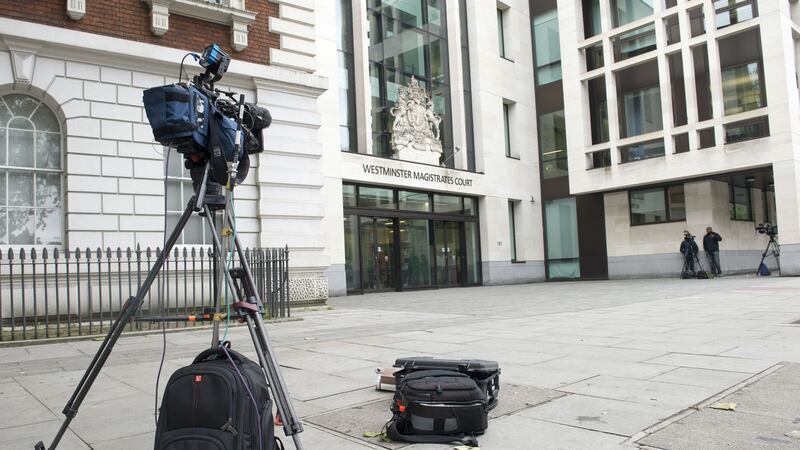ITN has called for internet giants who breach rules on fake news to face the same tough sanctions as broadcasters.
The producer of news for ITV, Channel 4 and Channel 5 has published a submission to the House of Lords Communications and Digital Committee’s inquiry into the future of journalism.
It calls for a “mandatory code to safeguard regulated and impartial news” and for “more stringent measures” for internet companies “to take down fake material”.
“Having clear and strong sanctions for internet companies that breach the rules is paramount,” it says.
“These sanctions should mirror those which apply to broadcasters, which face losing their licence to broadcast if Ofcom finds them to be in consistent breach of the Broadcasting Code.”
The report says that the review into news comes at a “pivotal time”, with the coronavirus pandemic, and intervention is needed to safeguard the future funding models of the public service broadcasters (PSBs).
ITN chief executive Anna Mallett said: “As we face a global pandemic, this review could not be more urgent.
“All our news programmes are seeing sharp increases in viewing figures as people seek out reliable, trustworthy information.
“That audiences are turning to the established, professional sources of journalism at times of crisis serves to underline their enormous value to society and underscores a need for action to protect the PSBs and quality journalism in the future.”
The Government should opt for a mandatory code between media companies and digital platforms, should they fail to reach agreement on a voluntary code, following time-limited negotiations, it says.
The report says of social media companies: “Currently there is no more value to them providing quality news than there is of providing fake news.
“Indeed, fake news which ‘goes viral’ may be of more value to the social platforms, with the platform advertising model rewarding sensationalism and fake news far more than it does thorough, accurate and impartial journalism.”
Plans for new laws making tech giants and social networks more accountable for harmful content online, including disinformation, were set out by the Government in April last year.
A long-awaited White Paper proposed that an independent regulator will be responsible for ensuring tech companies abide to a new duty of care and code of practice.








